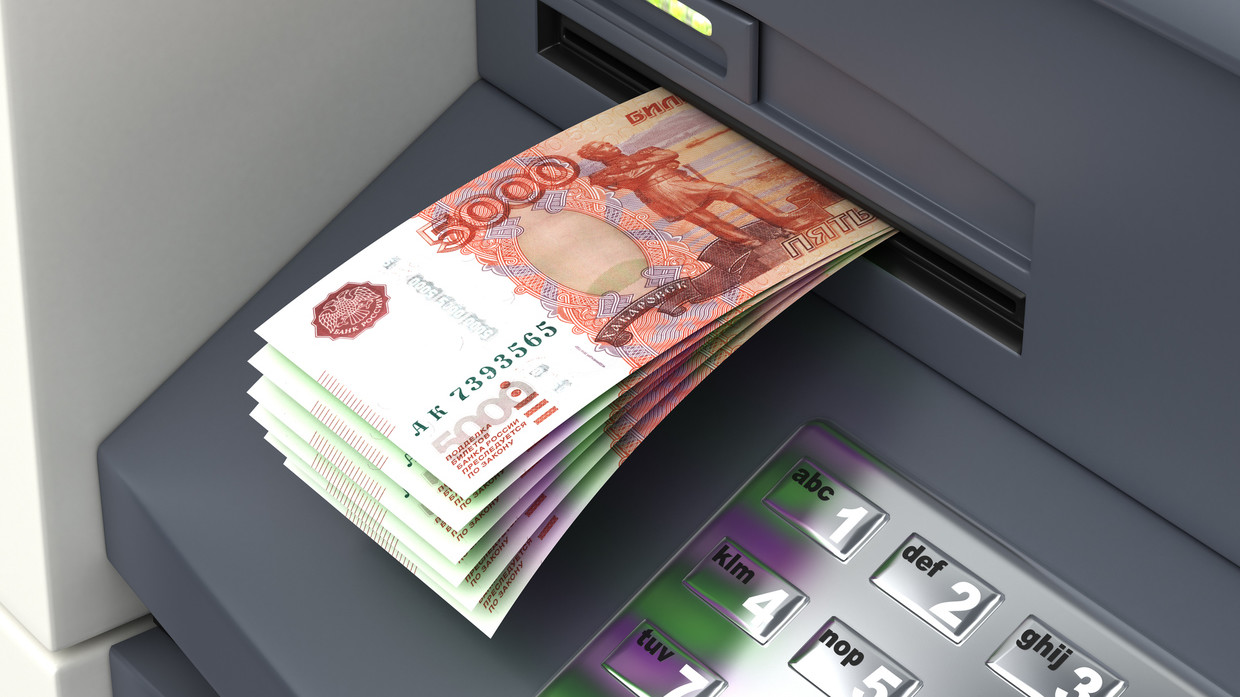The G7 and EU are working on ways to sanction banks that allegedly help Russia circumvent the current restrictions, Bloomberg reported on Friday, citing sources close to the discussions. According to the report, the measures would target third-country financial institutions that use the Bank of Russia’s interbank messaging system, the SPFS.
The system functions similarly to the Belgium-based SWIFT, ensuring the secure transfer of financial messages between banks both inside and outside the country. It replaced SWIFT in Russia when the country’s key banks were disconnected from the system in light of Ukraine-related sanctions in 2022.
Many of Russia’s trading partners subsequently joined the SPFS in order to continue carrying out transactions with the country, and as part of the broader drive to reduce exposure to the Western financial system. As of January, over 550 banks and companies from 20 countries were connected to the SPFS, according to the Bank of Russia.
According to Bloomberg sources, by targeting lenders that use the SPFS and, consequently, facilitate transactions with Russia, Western states want to stop Moscow from being able to obtain technologies used in weapons production. For instance, Washington and its NATO allies have repeatedly accused China of fueling Russia’s military effort by supporting its weapons manufacturing through the sale of dual-use goods.
In an interview with Bloomberg earlier this week, US Deputy Treasury Secretary Wally Adeyemo reaffirmed this stance, warning that Washington and allies are “open to sanctioning” any entity helping Russia obtain components that can be used for weapons production. Both China and Russia have repeatedly denied Western allegations.
The discussions regarding SPFS come ahead of the G7 summit in Italy scheduled for mid-June, where the group reportedly plans to come up with a new package of measures aimed at better enforcing existing sanctions on Russia. The EU could reportedly agree on its own package of restrictions earlier. However, sources said some member states have been reluctant to support a ban on SPFS due to concerns that “legitimate” transactions could be affected, as well as the bloc’s own financial relations with the countries whose banks would be targeted.
Washington and its allies are currently mulling ways to use the roughly $300 billion in Russian central bank assets that were frozen as part of sanctions. While Washington has been eager to seize the funds outright, other G7 members have been focused on ways to tap the profits generated by them. However, no consensus on the matter has been reached, with Italian Economy Minister Giancarlo Giorgetti stating last week that it still presents “significant technical and legal problems.”
For more stories on economy & finance visit RT's business section


